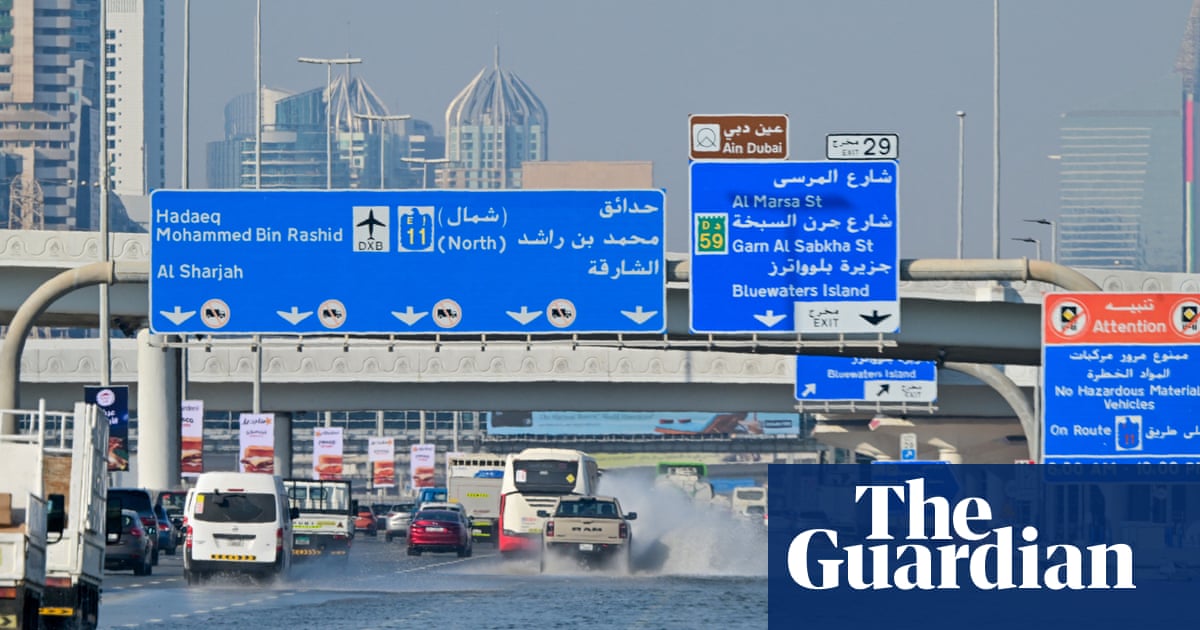
Environmental groups have accused a Russian mining firm of emphasising the role of global climate change in last week’s historic oil spill in part to avoid punishment for its ageing infrastructure and potential negligence in the accident.
The World Wildlife Fund and Greenpeace Russia said that although climate change likely played a role in the spillage of more than 20,000 tons of diesel fuel from the Nadezhda plant, the risks of thawing permafrost to Arctic infrastructure were publicly known and could have been addressed months or years earlier. The leak turned two rivers near the Arctic city of Norilsk crimson.
The accident is one of the largest in Russian history and had been compared by Greenpeace to the Exxon Valdez spill.
Regional officials on Tuesday said some pollutants from the leak had reached Lake Pyasino, a large body of water that leads to the Kara Sea. But the main damage has been done to the local Ambarnaya and Daldykan rivers and may take a decade to clean, local officials and environmentalists have said.
The operational director for the mining firm Nornickel, Sergei Dyachenko, had earlier denied that negligence at its subsidiary could have caused the accident. In a company press release, he said that “anomalously warm temperatures” may have sped the thaw of permafrost beneath a gas tank and led to its collapse. In another press release, the company blamed the accident on “a sudden sinking of supports of the storage tank which served accident-free for more than 30 years”.
Experts have pointed to the broad impact of climate change in Russia’s Arctic region over the past decade, noting in particular how thawing permafrost has led to fissures in apartment buildings in Norilsk.
But environmental groups say they are worried that Nornickel, a company that has been attacked in the past as one of Russia’s biggest polluters in the Arctic, is now seeking to twist concerns about climate change to its defence.
“It’s an attempt to write off Nornickel’s failure in risk management and ecological safety on the fashionable topic of climate change,” said Alexey Knizhnikov of the World Wildlife Federation. “The main factor is mismanagement.”
The accident, and a government investigation into its causes, is likely to have serious repercussions for Russian industry in the Arctic. Russian oversight agencies have drafted plans to review oil reservoirs throughout the region and investigators have charged one power plant official with violating environmental protection rules, which carries a maximum sentence of five years.
The Russian president, Vladimir Putin, also gave a public scolding last week to Vladimir Potanin, the billionaire president of Nornickel, about the company’s ageing reservoirs. “If you had changed them on time, there would have been no environmental damage and no need to foot such costs,” Putin told Potanin in a televised video call. Nornickel has pledged to cover all costs for the cleanup and to restore the local environment.
Greenpeace Russia last week put out a statement titled “The melting of the permafrost is not an excuse for Nornickel”, noting it believed the company “sought to avoid responsibility for the accident” by blaming it on climate change.
The environmental organisation noted that as far back as 2009 it had reported on the risks to Russia’s oil-and-gas infrastructure from thawing permafrost.
“It’s not possible that the company did not know about [thawing permafrost], but it is possible that the company used a dangerous facility irresponsibly,” said Vasily Yablokov, Greenpeace Russia’s climate project manager.
Weak enforcement and business cost decisions meant companies were hesitant to replace technology, he said.
“In principle, the interests of businesses are put above the ecology,” said Yablokov.
A Nornickel spokesperson said: “So far, we have only named a possible version of what happened. Final conclusions can be drawn only after the investigation is completed.” She also said the company was actively involved in the clean-up from the accident.
During a conference call with investors and analysts on Tuesday, Dyachenko said the company believed that thawing permafrost was the cause of the accident. He said: “There wasn’t any precise monitoring being done on permafrost before [the accident],” adding that local efforts to monitor the thawing permafrost were focused on the city of Norilsk and its residential building stock.












